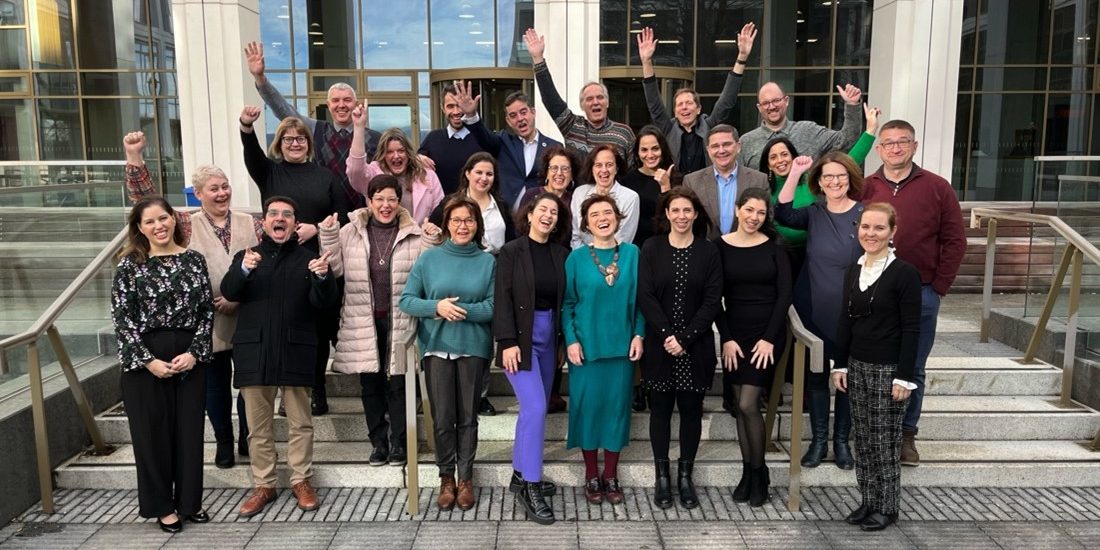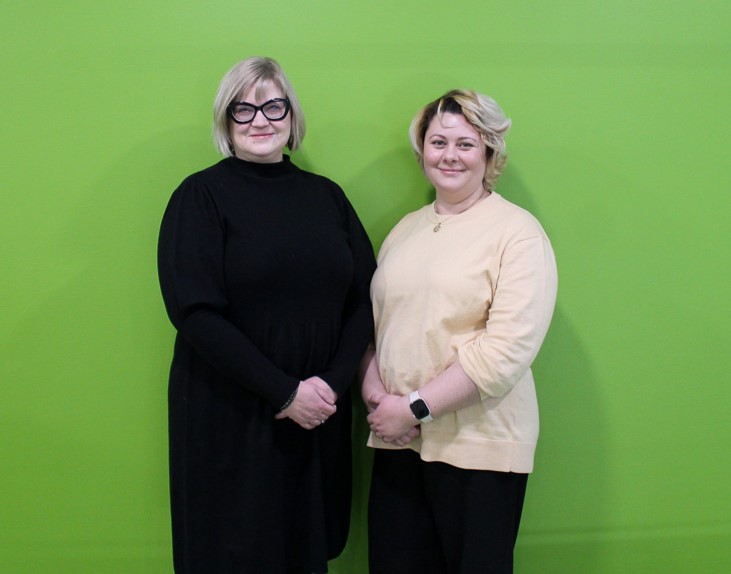We develop: Educating for a Greener Future: The Complex Path to Eco-Skills in the Tourism Sector
In today's rapidly changing world, the tourism industry must adapt to sustainable practices, prioritizing environmental preservation and social responsibility. The development of green skills is at the forefront of this transformation, aiming to equip individuals and organizations within the tourism sector with the knowledge and abilities to operate sustainably. But is teaching and learning these green skills easy in the tourism industry? The urgency for this development stems from a growing awareness of the environmental impact of tourism and the potential for the sector to contribute positively to conservation efforts and local communities.

Green skills in the tourism sector encompass a wide range of competencies, from understanding and implementing sustainable business practices to effectively communicating the importance of environmental conservation to tourists. This process includes the development of eco-friendly tourism products, sustainable management of natural and cultural resources, and the ability to assess and mitigate the environmental impact of tourism activities.
Finland's Approach to Sustainable Tourism and Hospitality
The Finnish government and private sector collaborate on various initiatives to ensure that tourism contributes positively to the environment and society. One of the key strategies is the emphasis on education and training in sustainability. Finnish universities and vocational schools offer specialized courses and degrees in sustainable tourism management. These programs cover many topics, including eco-friendly accommodation practices, sustainable food services, and the conservation of natural and cultural resources. The aim is to prepare a new generation of tourism professionals well-versed in sustainability principles.
Furthermore, Finland has embraced the concept of sustainable destination management, with several Finnish destinations receiving certifications such as the Sustainable Travel Finland label. This label is awarded to destinations that commit to continuous improvement in sustainability, covering aspects like environmental protection, cultural heritage conservation, and social responsibility. Achieving this label requires developing green skills across all levels of the tourism industry, from management to frontline staff. Finnish tourism also benefits from a solid collaboration between the government, educational institutions, and the private sector. This partnership approach has led to innovative sustainability projects, such as using renewable energy in hotels and resorts, promoting local and organic food in restaurants, and developing eco-friendly transportation options for tourists.
PANTOUR Erasmus+ project
Under the EU umbrella, Finland is making significant strides in developing green skills in tourism and hospitality. Through cooperation with 11 countries and 13 partners in the PANTOUR Erasmus+ project, we aim to boost innovation and strengthen partnerships to address skill needs in the entire tourism ecosystem by developing innovative solutions and improving cooperation between education and industry. PANTOUR seeks to benefit all target groups working within the tourism industry. Therefore, it has dedicated special attention to reskilling and upskilling the generic workforce on future skills needs. To achieve the project goal, SAMK within the PANTOUR consortium has researched the Country Skills Profile to investigate the future of tourism, skills gaps between current levels of skills in the tourism industry, and the skills needed in the future.

The purpose of the Country Skills Profile Report is to provide on the basis a comprehensive overview of the General information regarding tourism and tourism employment in Finland, the current situation regarding the delivery of Digital, Green, and Social Skills training provision by the country's education system; survey results with tourism professional and decision makers; trends in tourism employability, and the existing gaps between current levels of skills in the industry and the projected future skills needed in 2030; carefully selected Best Practices compliments this research.
Analysis within the Country Skills Profile Report showed that environmental management skills are essential in the tourism sector, requiring managers to understand and mitigate their company's environmental impact through careful planning, operation, monitoring, and improvement. This involves setting environmental goals, adhering to environmental laws, adopting management systems for environmental objectives, and applying sustainability certification schemes. Additionally, leveraging digital technologies to enhance resource efficiency and influence guest behaviour, redesigning supply chains, and fostering local stakeholder cooperation are highlighted as critical competencies. Developing green skills prioritizes resource efficiency, climate change adaptation, environmental protection, and sustainability communication, with notable gaps in carbon management and sustainability communication requiring immediate attention. The interviews highlighted the necessity of integrating all aspects of sustainability — economic and environmental — into business operations, emphasizing that profitability is crucial for the survival of companies, especially in the tourism sector, where volume is limited.
Under the NTG project before the PANTOUR, the Tourism Sector Skills Toolkit has been developed. Within the Tourism Sector Skills Toolkit, there are examples of best practice lessons and session plans that have been developed using the knowledge and skills of the Consortium. SAMK, together with other partners of the PANTOUR project, continues developing new training programme contents and delivery and assessment methodologies in partnership with VET and HE institutions, addressing new skills for the future. The project provides quick actions for the changed skills and new occupations. In addition, under the PANTOUR project, we are working on a New Occupational Profiles Handbook, which will collect new occupational profiles based on the changing skills required by the sector in accordance with tourism trends.
Did you know?
- Sustainable tourism is not just a niche market: It's rapidly becoming a significant trend, with more travellers seeking eco-friendly and culturally respectful experiences.
- Green skills can lead to cost savings: Energy efficiency, waste reduction, and sustainable resource management can significantly reduce operational costs.
